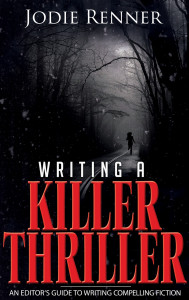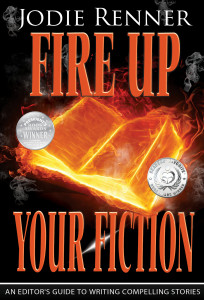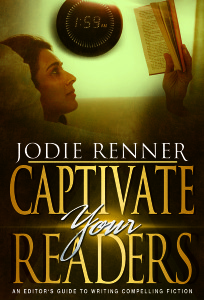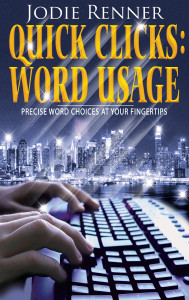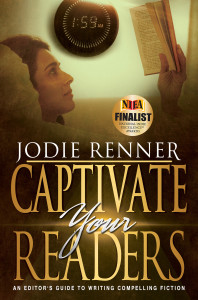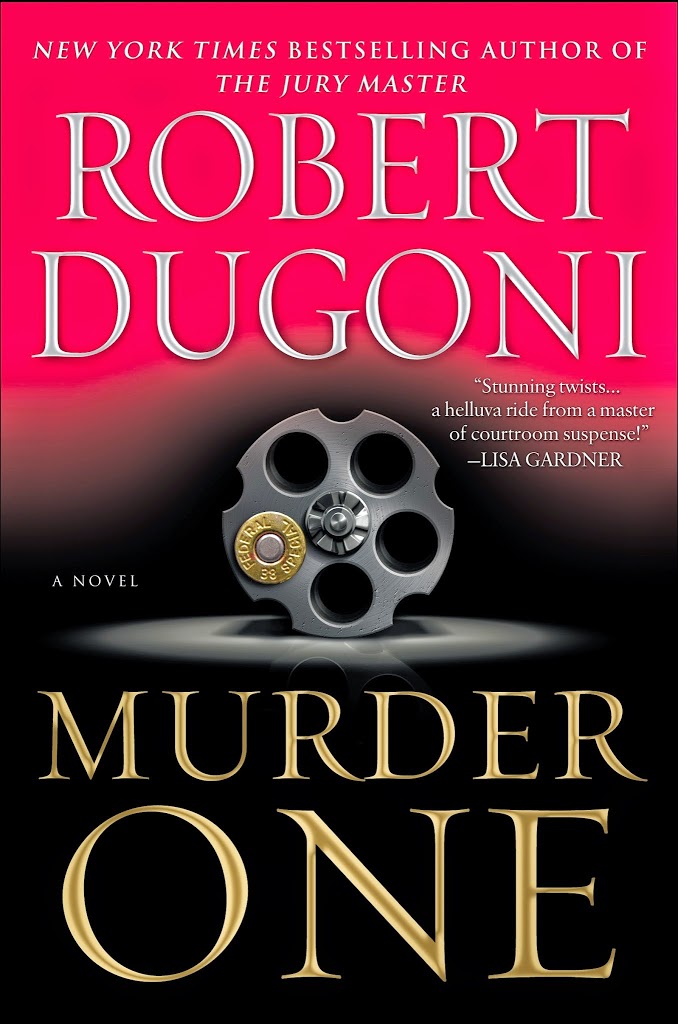by James Scott Bell
@jamesscottbell
Forgive my second sports-related post in a row, but come on! It’s Super Bowl Sunday! Across America––and indeed the world––fans will gather around big screens in homes and bars to watch the most exciting spectacle of the viewing year: funny commercials!
Oh yes, and a football game.
This one has drama. On the one side we have the Denver Broncos and their quarterback Peyton Manning. Manning is without question one of the greatest QBs of all time, a lock first-ballot Hall of Famer. But injuries and Father Time have taken their toll. Thus, this will likely be Manning’s final game and his last chance to win one more Super Bowl ring.
On the other side is the new kid, the immensely talented Cam Newton. This guy is huge––6’5”, 260, with a cannon of an arm and legs that can go. He led his Carolina Panthers to an amazing 17-1 season. And now he makes his Super Bowl debut.
I will be with friends noshing sausages, pulled pork, chili, and items from the other essential food groups–the salted nut group, the nacho group, and of course the chocolate-covered anything group.
I hope the game is a good one. I’d love to see it go down to the final minutes. I’ll also be very happy if a kicker does not miss a last-second field goal and thus suffer from nightmares the rest of his life.
And let us hope the game is not marred by a lot of penalties! Hate to see those yellow flags all over the field.
It occurred to me there are some penalty flags that are thrown on writers. So in the interest of helping you write your best, here are some violations you must avoid lest you lose yardage (which, for writers, is measured in pages) and, much more important, readers.
- False start
Are you warming up your engines at the beginning of your novel? Do you spend too much time with exposition and backstory? Do you go several pages without a disturbance? Are you giving us “Happy People in Happy Land”? That’s a false start. Penalty: five pages.
- Illegal use of the adverbs
Are you using too many adverbs to prop up weak verbs? Worse, are you using adverbs to prop up dialogue? Are you writing things like:
“Get out of here, you louse!” Sheila yelled angrily.
Or
“I’m gonna cut your heart out and feed it to the family dog,” he said threateningly.
If you do, you’ll be penalized, and it’s a big one: fifteen pages.
- Passage interference
Also known as the illegal flashback. This is where you stop a narrative in its tracks to give us a long look backward at some scene from the past. Unless there is a dang good reason for this, you will get a yellow flag and docked ten pages.
- Encroachment
Also known as author intrusion, this is when you try to sneak in some exposition that does not sound natural to the voice of the character (this penalty is explained more fully in the book VOICE: The Secret Power of Great Writing).
The skilled referee usually finds this in dialogue. The author wants to slip information to the reader through the characters’ words, but they are words the character would never use. Such as:
“Listen, Martha, you’re my lovely wife of twenty-eight years, and I wouldn’t be the head of surgery at Johns Hopkins without you. Especially after suffering that head injury in college when I foolishly went out for the rugby team. But dammit, you can’t dwell on your past as a stripper in a Nevada roadhouse when you were known as Cling Peaches. Please try to relax, like your sister Mary, who is two years younger than you, so we can go enjoy dinner in our hometown of Denver, Colorado.”
Encroachment is an automatic five pages, and loss of down.
- Delay of plot
Have you pushed your protagonist through the Doorway of No Return by the 20% mark of your novel? No? Then here’s a hard truth: it’s starting to drag. It doesn’t matter how quirky your characters. They have overstayed their welcome if they are not, by this time, into the struggle of Act II. Penalty: ten pages.
- Ineligible character downfield
Do you introduce a major character after the midpoint? Near the end, do you have a minor character show up out of nowhere to solve a plot problem? If you do, you need to go back to the first half and plant these characters. Five pages.
- Roughing the villain
League rules are protecting the antagonist more than ever. What do I mean by that? Simply this: if you have an antagonist who is evil, you must give him his due. You can’t just make him pure evil or insane. Boring! Every villain feels justified, and you the author must “make his case” in the book. Far from excusing his evil, this deepens the emotional currents in the reader and, ironically, makes the evil all the more scary. Fifteen page penalty for this one, plus the league may order you go to some rehab, like right here.
- Intentional sounding
Have you fallen in love with your sentences? There’s a reason the axiom “kill your darlings” exists. I should explain that this doesn’t mean cut every sentence you like. You’re allowed to delight in your own good writing. But you have to make sure it works for your story, and is true to character and context. Ten pages if, in the judgment of the officials, your pretty prose is more showing off than storytelling.
- Illegal motion
Does your story feel unfocused during that long struggle through Act II? Are there scenes that meander? Have you lost narrative vitality? While this penalty is only five pages, enough of these violations will keep you backed up on your own goal line. One place to look for help is the “mirror moment.” This tells you what your novel is really all about so you can write scenes with organic unity and powerful forward drive.
- Unauthorlike conduct
Do you head out to social media without a plan and a brand? Do you fly off the handle when you tweet? Do you slip into unethical sockpuppetry in order to slam your perceived competition? This penalty is severe: you might get thrown out of the game. Worse, the league office may suspend you indefinitely.
A good football team knows how to move the ball. A great football team knows how to correct weaknesses. A championship football team does all that, and avoids the penalties that kill scoring drives.
May you write like a champion.
And enjoy the game! I know I will, even though I am completely impartial.
***(COUGH)GoPeyton(COUGH)***
Has your writing been penalty free lately?



